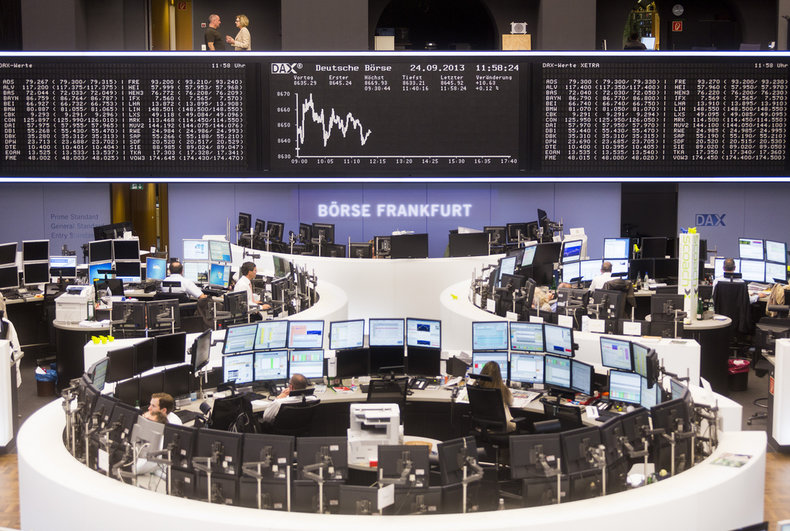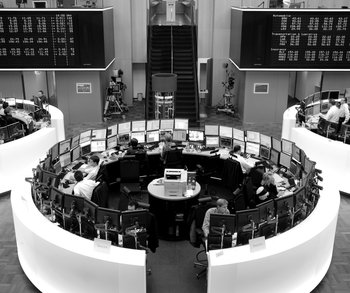|
| |
Arbitrage is the practice of taking advantage of price differences in two or more markets in a way that's risk free. Its a fundamental concept in economics that's used to explain how markets work.Since arbitrage is theoretically risk free, the term isn't used to describe global trade in goods. If you buy apples in Canada and sell them in Japan to take advantage of a price difference, this usually entails a fair amount of risk. Examples of arbitrage tend to be financial in nature such as taking advantage of price difference in a stock that trades on two different exchanges. In many cases, arbitrage is executed at high speed by technologically advanced firms in the market. Although in economic theory arbitrage is risk-free in practice it does entail risks.
|
Type | | Definition | Buying and selling to take advantages of prices differences between markets. | Effect | Arbitrage brings prices to a similar levels in multiple markets. For example, if you buy a stock that trades in both New York and London you can typically assume that the prices are similar. | Related Techniques | |
Business Models
This is the complete list of articles we have written about business models.
If you enjoyed this page, please consider bookmarking Simplicable.
© 2010-2023 Simplicable. All Rights Reserved. Reproduction of materials found on this site, in any form, without explicit permission is prohibited.
View credits & copyrights or citation information for this page.
|



































